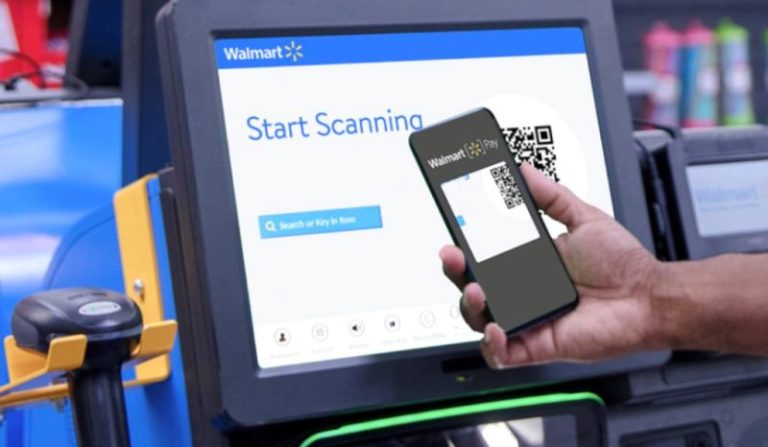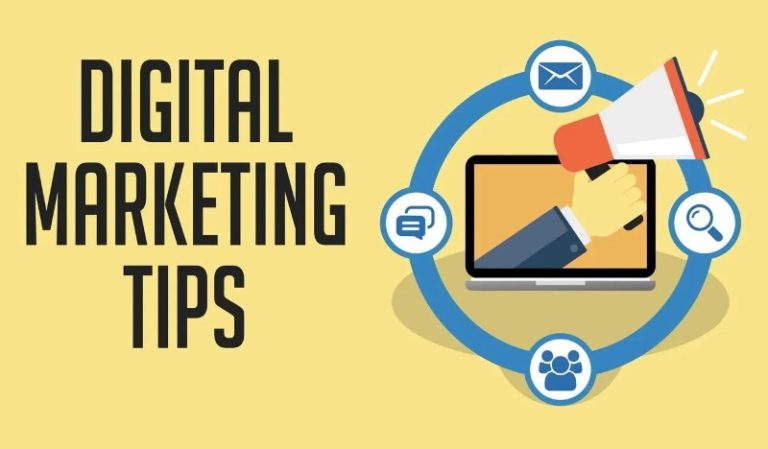How Cloud Phones Work

Cloud telephony is one of the most popular forms of business communication. It offers many features and productivity tools for businesses that need them.
The technology transmits voice and data through an internet connection and a third-party VoIP service provider. The calls are accessible from any device that connects to the internet.
Voice calls
Voice calls are essential to cloud phone systems, so you want to ensure you choose a system that offers excellent call quality. It can be challenging, though, because some factors, such as jitter and latency, can affect voice call quality.
Many cloud phone systems feature features like auto-attendants and interactive voice response (IVR) to route incoming calls automatically. These features make it much easier for callers to get through to the correct department and help you save money by reducing human labor costs. They also make it easier for customers to get the information they need. These are essential features that can improve employee productivity and customer service. They’re also easy to implement and require no IT investment.
Data calls
Cloud phones deliver data calls over the internet using VoIP (Voice over Internet Protocol) technology. It eliminates the need for physical phone systems and reduces up-front costs associated with buying PBX equipment and server space.
In this model, maintaining and updating the system shifts from a business to a service provider who handles all setup and maintenance. As a result, companies no longer need to allocate budgets or resources to implement a traditional phone system, which can be expensive and time-consuming.
This telephony system is easy to set up and is a good choice for organizations wishing to save upfront telecoms infrastructure expenditures. It also eliminates the need for PBX hardware on-site, which can be expensive and require regular maintenance. It also offers an easy way for IT administrators to manage user settings and changes through an online dashboard.
Messaging
In a cloud phone system, voice data is broken into packets traveling across the internet. Then, they reassemble on the recipient’s end device, delivering clear and efficient communication.
Cloud telephony is unified communication as a service (UCaaS). It enables businesses to run an entire phone system over the internet, eliminating the need to run and maintain an on-premises PBX system.
Many modern cloud phone systems include features like auto-attendants, messaging, chat, faxing, and file sharing, all integrated into one easy-to-use platform. They also provide integrations with popular business applications and CRM software to simplify communications and improve productivity.
A good cloud telephony provider should allow you to send text messages on your softphone and support MMS (Multimedia Messaging Service), a more interactive form of SMS. In addition, it will give you more options for communicating with your team and clients.
Video calls
Cloud phone systems work through your VoIP service provider and convert analog voice signals into data packets that travel over the internet. It allows you to make and receive calls with your team anywhere, anytime, and from any device.
In addition to being more cost-efficient, cloud solutions typically include several advanced calling features that help your team communicate better. These include advanced call handling, integrations, 24/7 support, SMS, real-time reporting, video conferencing, and more.
Unlike traditional PBX systems, which require an on-premises network, cloud phones connect all your phones to a central server. As a result, you can expand your team quickly and securely without extra hardware purchases or ongoing maintenance activities.
Cloud telephony also offers more resilient business continuity than on-site PBX systems because if one server goes down, your calls and video calls will continue to flow through the rest of your network. It can be beneficial in case of an emergency or disaster.





